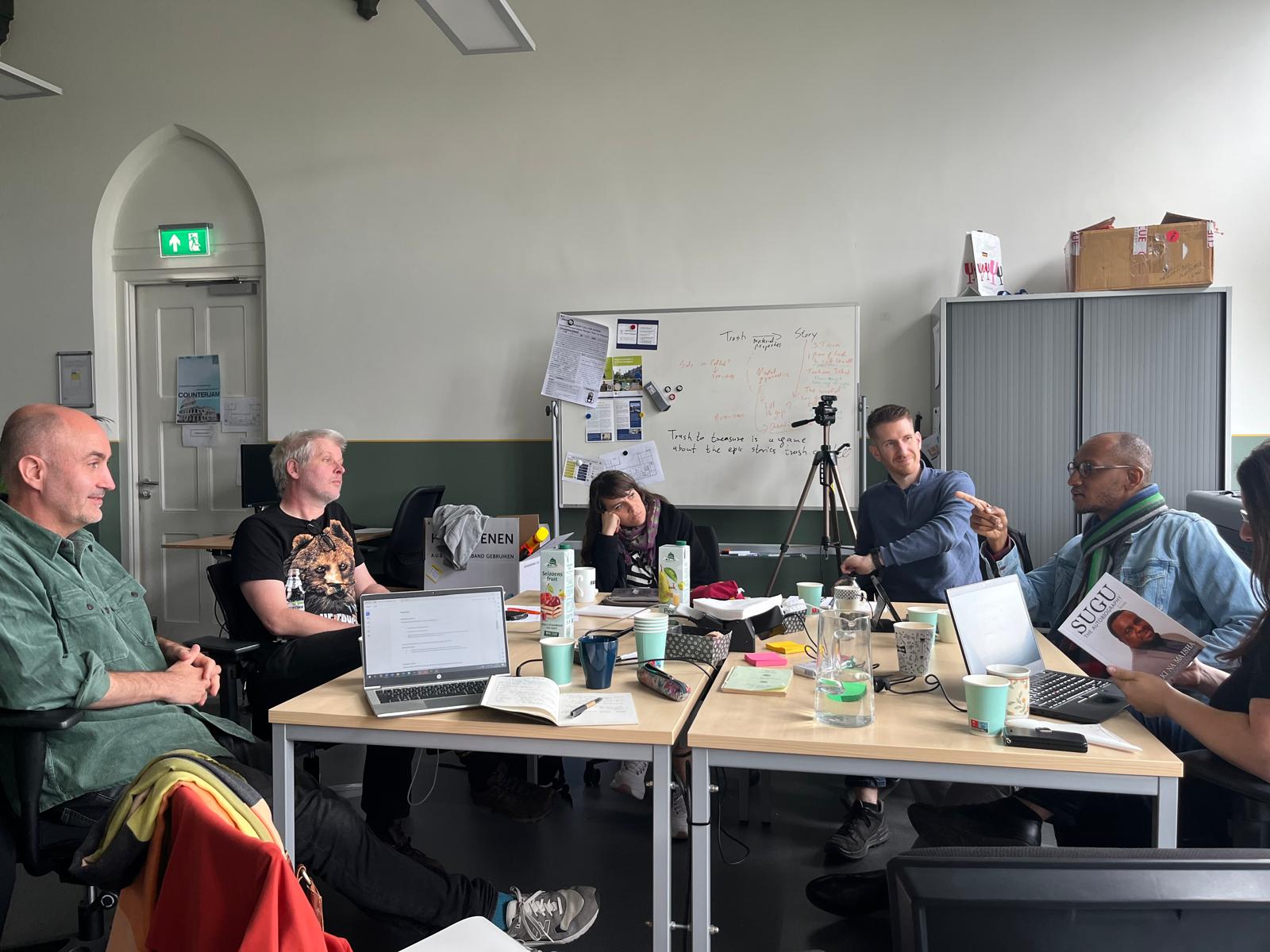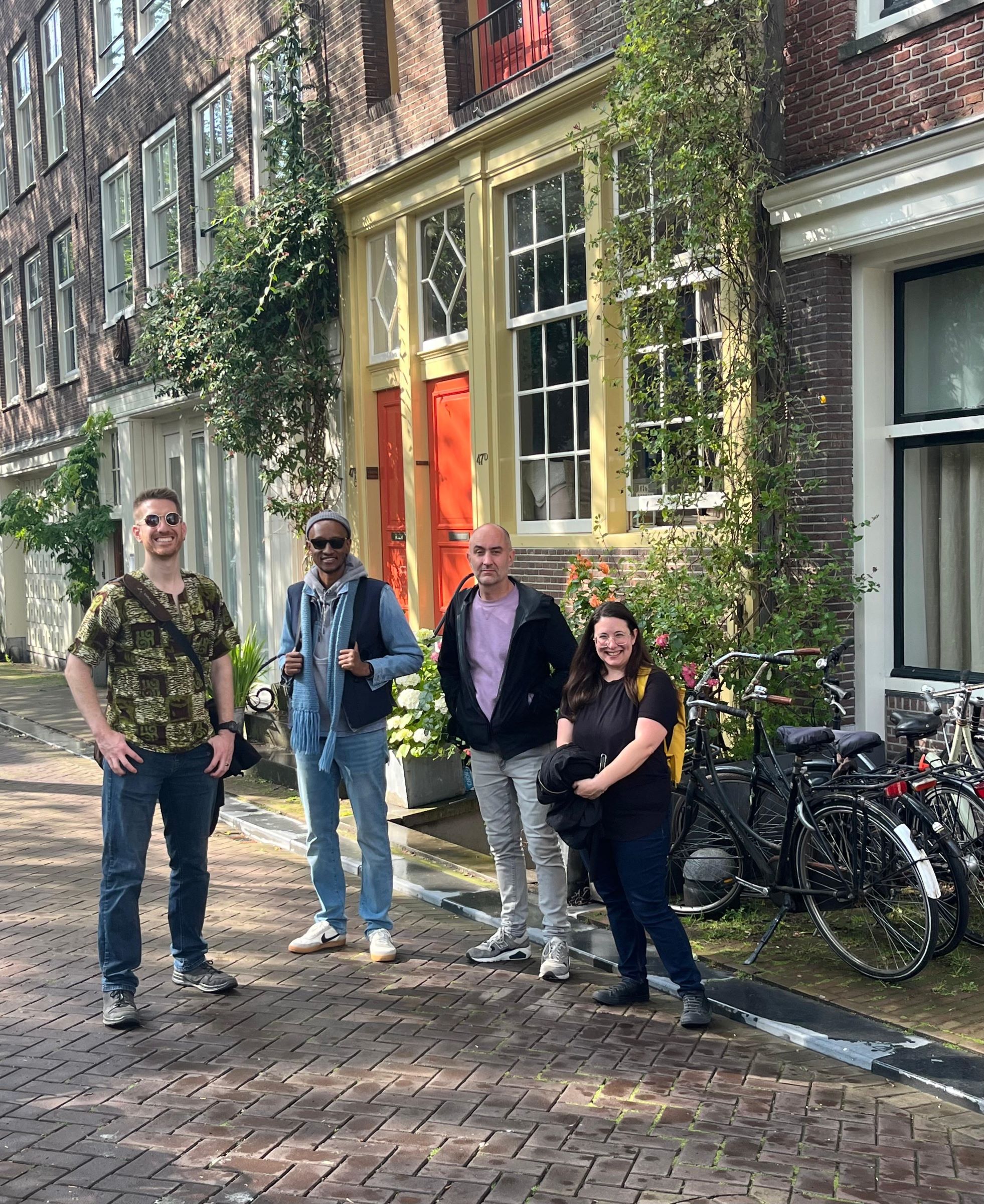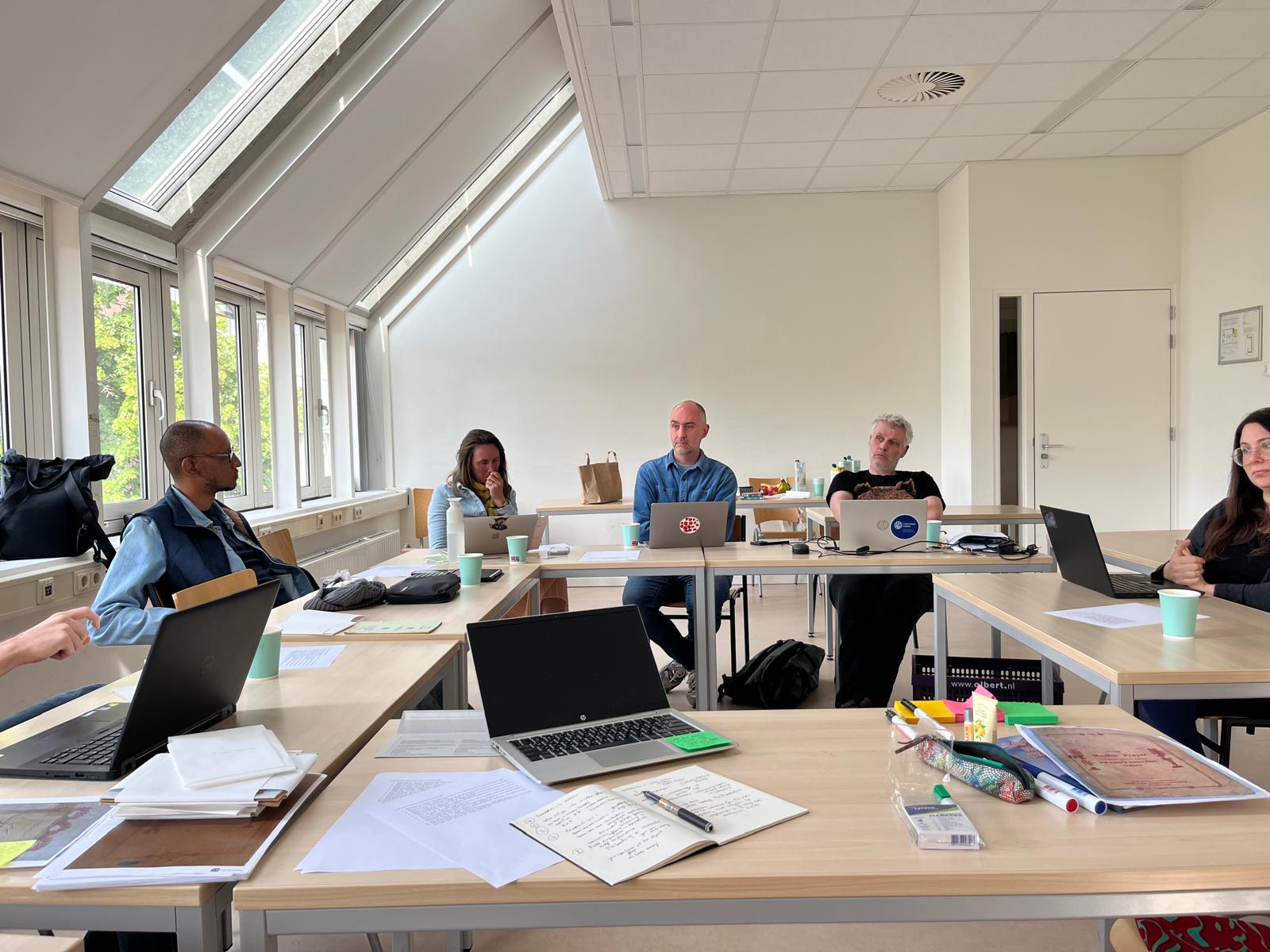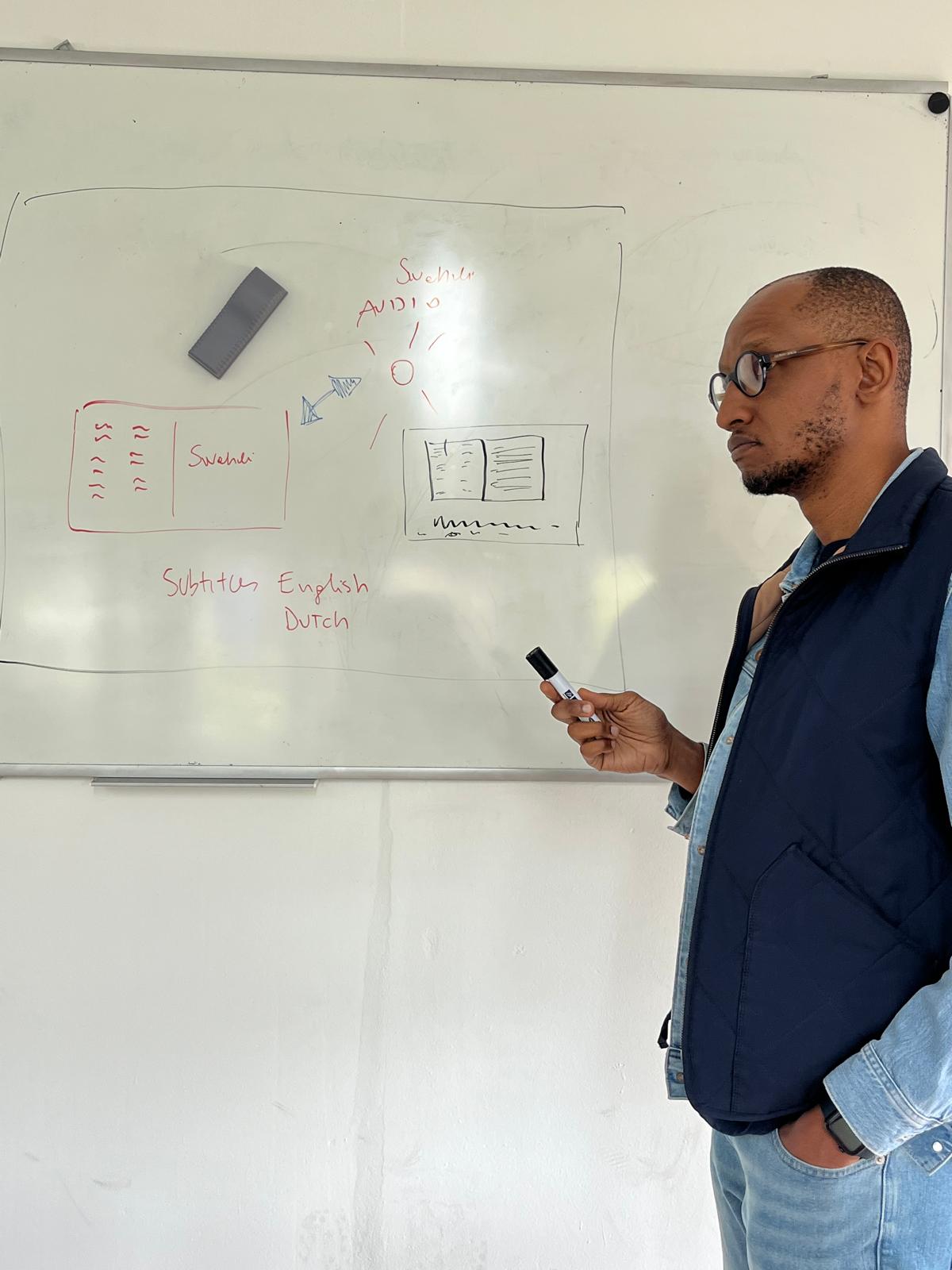
Annachiara Raia receives NWO Impact Explorer grant: ‘We want to ensure that literature is once again voiced by its own society and resonates beyond it’
For decades, the trade in pocketbooks prescribing how to be a good Muslim flourished in East Africa, but in recent years the number of books in circulation has been declining. University lecturer Annachiara Raia is the recipient of an Impact Explorer grant to revive this tradition, in cooperation with impact partners Thomas Gesthuizen (The Netherlands) and Mkuki Bgoya (Tanzania) in the TiaSauti@Lab (GiveVoice@Lab).
‘In the twentieth century, a huge corpus of Islamic pocketbooks circulated through East Africa,’ Raia explains. ‘These books written in Swahili showed how to be a good Muslim in the rapidly changing twentieth century.’
Meanwhile, however, interest in the books is waning. ‘More and more speakers of Swahili, from young teenagers to adults, are switching to digital media,’ Raia says. ‘While the content of the books may still be relevant to them, they are increasingly listening to music or poetry online. Very often, this is recited by women with enchanting voices. That gave me the idea of having literature from booklets recited as well, bringing it back to the community in the form of recordings distributed via digital outlets and broadcasting channels. Especially at this time when there is a debate in almost every culture about preserving heritage, it is important to re-connect this almost ephemeral and endangered literature to its audience.’
Vodcasts
The NWO agreed with Raia. To complement her Veni, she will receive an Impact Explorer grant to explore this opportunity for social impact. ‘Together with Dutch non-profit organization Voice4Thought and East African publisher Mkuki na Nyota Publishers (TPH Bookshop), we are going to create a vodcast series, blending the visual and audio together,’ Raia explains.
‘While the texts are read aloud in Swahili, the listener has the opportunity to appreciate the design of the booklet with its elegantly simple font and vintage colors and to scroll through the book, so to speak. English as well as Dutch and maybe Arabic? subtitles will also be available. In this way, not only we make this literature available to the second and third generations of the international Swahili community, who might live in the UK or Norway and no longer have a good enough command of the language to listen on their own, but also to new non-native Swahili speakers listeners and viewers. Indeed, we wish to gain along the way new audiences amid the Dutch community of podcast and poetry lovers who look forward to hearing and knowing more about Muslim culture and way of thinking/looking at the world.’
Importance of orality
Raia thus wants to emphasise the importance of orality in African literature. ‘That component is often ignored, even though it is an important aspect of African literature,’ she explains. ‘As a researcher and university lecturer, I notice that many of our African literatures syllabi in the global North do not pay justice to the variety of languages, genres and voices existing in the continent; there are many endangered yet vibrant genres outside the canon that are worth being known and studied.’
The first workshop of TiaSauti@Lab (GiveVoice@Lab) took place in Leiden in June. Raia: ‘We truly enjoyed the inspiring and productive time spent together, and we managed to define and craft quite a lot of aspects related to the preparation of a vodcast series. Leiden did not offer the best of its weather, but that did not hold us back to stroll around.’
The TiaSauti@Lab (GiveVoice@Lab) team consists of: Brady Blackburn (Afrikanists Assemble vodcast developer), Kristen de Joseph (Sanskritist en freelance copyeditor), Thomas Gesthuizen (Voice4Thought online content developer), Mkuki Bgoya (Managing director publishing house Mkuki na Nyota), Annachiara Raia (NWO Veni Portable Islam en UCLA Library UMADA researcher).







